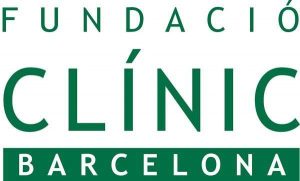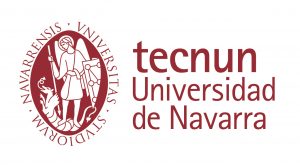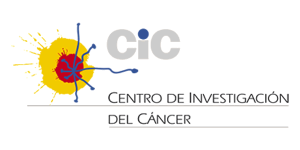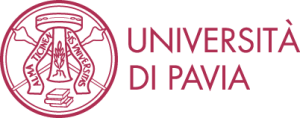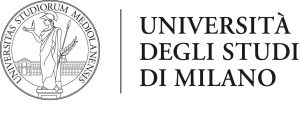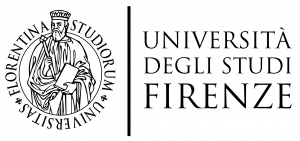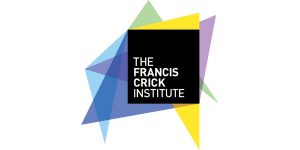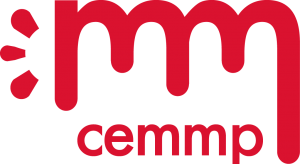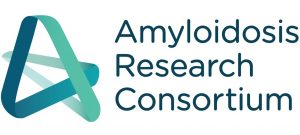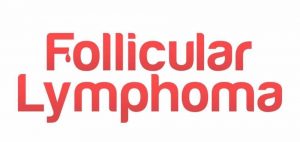Partners
EDITOR is consortium of 13 research institutions organised in 3 national hubs, UK, Spain and Italy. We have a common focus on early intervention in monoclonal gammopathies, leukaemia and lymphoma malignancies.
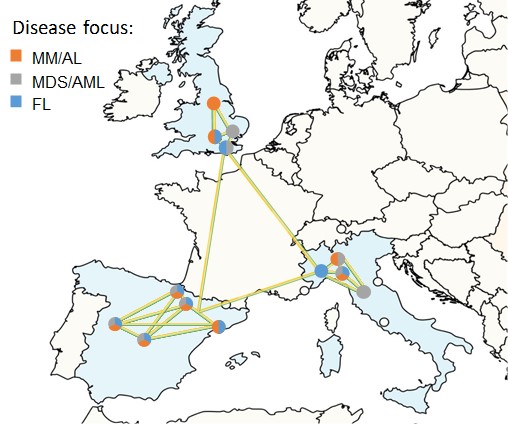
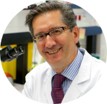 Dr. Jesus San Miguel (Spanish hub coordinator) has championed the notion of cure in MM by treating smoldering myeloma and demonstrating the eradication of MRD must be the aim of therapy.
Dr. Jesus San Miguel (Spanish hub coordinator) has championed the notion of cure in MM by treating smoldering myeloma and demonstrating the eradication of MRD must be the aim of therapy.

Dr. Luca Malcovati (Italian hub coordinator) is at the forefront of the genetic basis of MDS and of pre-malignant conditions, including age-related clonal hematopoiesis of indeterminate potenntial (CHIP) and clonal cytopenia of undetermined significance (CCUS).




